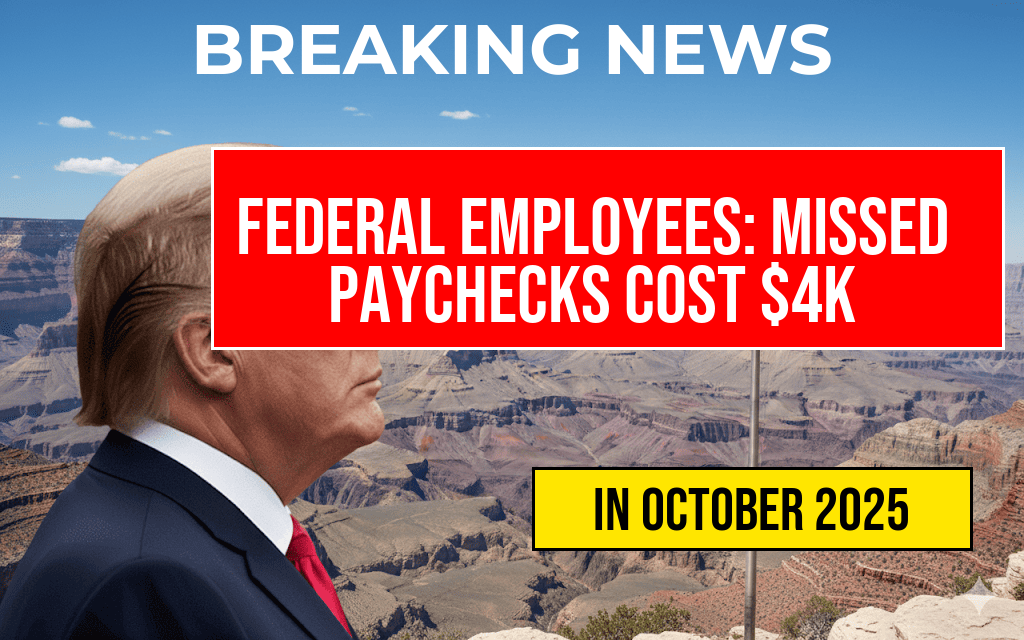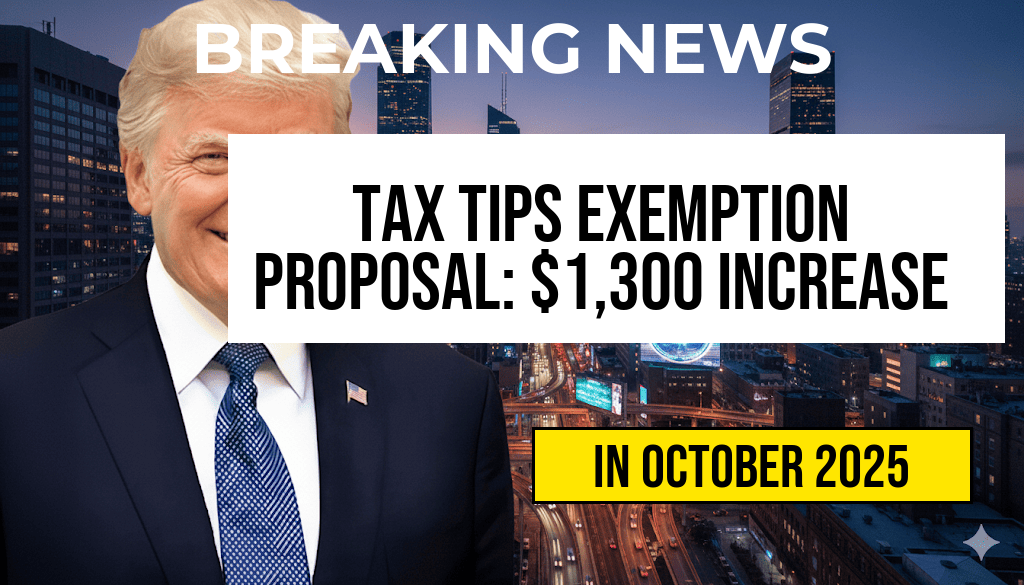Missing Two Paychecks Could Cost a GS-12 Federal Employee Up to $4,000 — Here’s What You Can Do
Federal employees, especially those at the GS-12 pay grade, face significant financial challenges if their pay is delayed for consecutive pay periods. Missing two paychecks can result in a loss of approximately $4,000, depending on individual allowances and locality pay adjustments. These delays often stem from administrative errors, budget impasses, or technical glitches within the payroll system. For employees relying on their regular income to cover essential expenses, such as housing, utilities, and debt payments, the impact can be immediate and severe. Fortunately, there are steps employees can take to mitigate the financial strain, including understanding their rights, exploring emergency funds, and seeking temporary financial assistance. Staying informed about the payroll process and proactively communicating with human resources can help prevent or manage these setbacks effectively.
Understanding Why Payments Might Be Delayed
Common Causes of Payroll Disruptions
- Administrative Errors: Mistakes in data entry or processing can delay payments.
- Budgetary Delays: Congressional appropriations or agency-specific funding issues may postpone payroll release.
- Technical Glitches: Software malfunctions or cybersecurity issues can disrupt payroll systems.
- Personnel Changes: Recent hiring, reassignments, or personnel record updates may temporarily impact payroll processing.
Impact of Missing Multiple Paychecks
For a GS-12 employee, whose base pay typically ranges from around $70,000 to $90,000 annually, missing two paychecks can amount to a significant financial setback. For example, an employee earning approximately $3,000 biweekly could face a shortfall of nearly $6,000 if both pay periods are missed. While some employees may have savings or emergency funds, many rely solely on their regular income, making such delays a cause for concern.
What Actions Can Federal Employees Take When Pay Is Missed?
Immediate Steps to Take
- Verify Payment Status: Check your pay stub through the Department of the Treasury’s MyPay portal to confirm the delay.
- Contact Human Resources: Reach out to your agency’s payroll office to identify the cause and get an estimated resolution time.
- Consult Your Local Unions or Employee Associations: They can provide guidance and advocate on your behalf if systemic issues persist.
- Review Emergency Financial Options: Explore short-term solutions such as personal loans, credit card options, or community assistance programs.
Financial Safety Nets and Resources
| Program or Resource | Description | Contact/Link |
|---|---|---|
| Employee Assistance Program (EAP) | Provides confidential counseling and financial planning resources. | OPM EAP |
| Emergency Loan Programs | Many agencies offer short-term, interest-free loans for urgent financial needs. | Contact your agency’s HR office for eligibility |
| Community Resources | Local charities, churches, and community organizations may provide emergency assistance. | Check local directories or community centers |
Preventive Measures and Future Safeguards
Stay Informed and Proactive
- Regularly Monitor Pay Statements: Use MyPay or your agency’s portal to verify payroll accuracy each cycle.
- Update Personal Information: Ensure all banking and contact details are current to avoid processing errors.
- Plan Financially for Delays: Maintain an emergency fund covering at least one month of expenses to buffer against unforeseen delays.
- Engage with Your Agency: Participate in payroll webinars or training sessions offered by your HR department to understand processing timelines better.
Understanding Your Rights and Legal Protections
Federal employees are protected under various regulations that require timely payment of wages. The Fair Labor Standards Act (FLSA) mandates prompt compensation, and agencies are responsible for adhering to established payroll schedules. If delays extend beyond a single pay period, employees may have grounds to file a complaint with the U.S. Department of Labor’s Wage and Hour Division. Additionally, persistent payroll issues might warrant consulting legal counsel or contacting agency oversight bodies to address systemic problems.
Resources for Further Assistance
- Office of Personnel Management (OPM)
- FedWeek — Federal Employee News and Resources
- Chief Financial Officers Council
Frequently Asked Questions
How can federal employees prevent missing paychecks?
Federal employees should regularly verify their direct deposit information, ensure their payroll deductions are up to date, and promptly address any discrepancies with their payroll office to prevent missed paychecks.
What are the immediate steps if a federal employee misses a paycheck?
If a paycheck is missed, employees should contact their payroll or human resources department immediately to identify the issue and explore options such as emergency advances or assistance programs to cover essential expenses.
How does missing two paychecks impact a GS-12 federal employee financially?
Missing two paychecks can result in a loss of up to $4,000 for a GS-12 employee, affecting their ability to cover bills, rent, and other financial obligations. It’s crucial to address the issue quickly to minimize financial hardship.
What resources are available to federal employees facing paycheck issues?
Federal employees can access resources such as their agency’s payroll office, the Employee Assistance Program (EAP), and financial counseling services to help resolve paycheck issues and manage financial stress.
Can missing paychecks affect a federal employee’s retirement or benefits?
While missing paychecks primarily impact short-term finances, repeated issues could potentially affect contributions to retirement and benefits programs. Employees should resolve payroll issues promptly to ensure their benefits remain unaffected.










